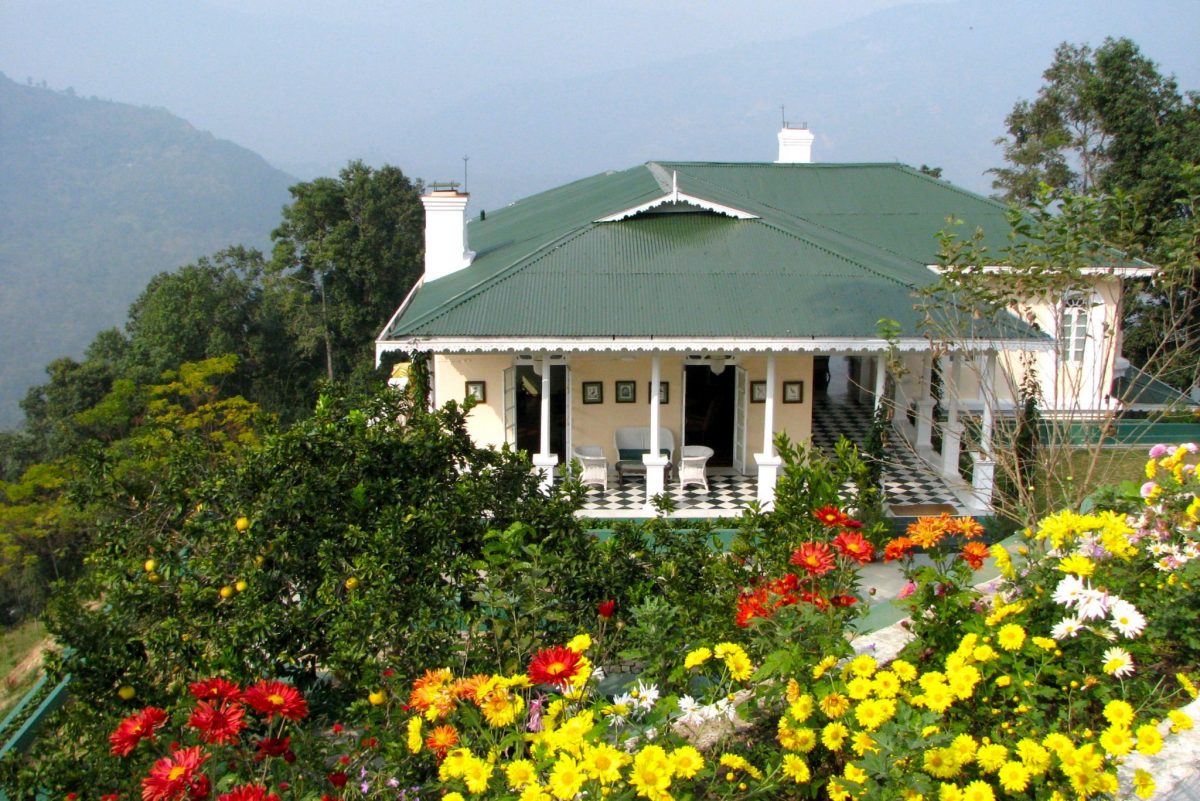Skift Take
The bright side of Covid for many Indian luxury boutique hotel operators has been the discovery of a domestic clientele, who previously formed a very small share of the pie.
As borders closed down, Indian luxury boutique hotels that essentially catered to foreign travelers, found themselves adopting marketing strategies to woo the domestic crowd. Now, as these properties cheer the return of inbound travelers, they are are equally confident about retaining their domestic customer base.
The last two years had luxury boutique hotel operators in India adopt short-term recovery strategies concerning price points and innovative offerings to attract domestic travelers.
While a temporary price drop may have been a strategy then, a hike in tariffs now seems inevitable as travel restrictions have eased.
At a time when the annual inflation rate in India is at its highest — having gone up to almost seven percent in March, boutique hotels are confident that the domestic traveler is here to stay even as they are all set to hike room rates.
Have Value, Will Pay
“My biggest learning from the pandemic was that there are quite a few Indian guests who will travel to a far-off property and are willing to pay once they understand the value and exclusivity that they offer,” said Husna-Tara Prakash, founder of Glenburn Hospitality.
Prakash had initially scaled down her prices to cater to domestic tourists but she quickly brought it back to pre-Covid levels realising that the audience that she was attracting couldn’t see the value in what the resort was offering.
“We have had a good two years and look forward to having a mix of domestic and international travellers,” she said.
Grappling with uncertainty and scarce demand in Kerala, one of the two Indian states where it has its wellness resorts, AB Chapri Retreats had slashed room rates in Kerala to almost 50 percent — from $300 to around $175.
However, the boutique property will be increasing its room rates at its Kerala resort from October onwards, a further increase from the 2019 rates.
AB Chapri’s Kashmir resort on the other hand witnessed a surge of domestic visitors post the second lockdown in India, said Altaf Chapri, managing director of the resort chain.
The boutique hotel operator is also set to open another seven-key luxury resort in Kashmir this month priced at $900 for a minimum stay of two nights.
The soon-to-be-opened resort is almost 50 percent sold out for its opening month and the bookings have all been made by domestic tourists, Chapri said, adding that international tourists have already started booking for Kerala from October onwards.
Tiger Resorts Get Back Their Roar
With a season that lasts from October to April, tiger resorts in India had been at the last leg of their business around the time Covid hit.
However, around October 2020, Amit Sankhala, owner of Jamtara Wilderness Camp, felt his team was entering into unchartered waters as they had rarely marketed to the domestic crowd.
“Our clientele ratio had always been 80 percent international and 20 percent domestic of which domestic marketing was mainly through word of mouth,” said Sankhala. However, he was surprised when November 2020 registered as one of the best years for business in Jamtara’s history.
While Sankhala credits that to pent-up travel demand and the fact that Indians were being forced to travel within the country, Jamatara, an otherwise all-inclusive resort, also split its offerings — charging guests only for stay and meals with anything beyond that being charged extra.
“Traditionally, our Jungle Plan rates included stay, all meals, all safari rides, walks as well as the services of a resident naturalist. When Indian travellers started demanding lower prices, we split our services,” said Sankhala.
Jamatara is now going back to its all-inclusive model and Sankhala said they wouldn’t mind breaking down the pricing once in a while to cater to Indian clients.
The wilderness camp is also hiking its prices to a little above $600 per night. “We are going up in pricing and can gauge the scepticism, but we can see the demand,” Sankhala said.
Indians have explored the country enough to finally realize its potential, pushing them to take shorter holidays to places like Jamatara, Sankhala observed. “We are already 40 percent full for the coming season with demand coming in from international customers.”
Dubbing the past 25 months as a period of immense learning, Shoba Mohan, founder of Rare India, a community of conscious luxury hotels and lodges, hoped that this understanding of the Indian market helps create a healthy strategy, with its balance of Indian travellers and international demand.
Calling this balance crucial for the future and also a good base plan for sustainability, Mohan said the Indian traveller has long been criticised for being demanding and unruly.
“Unlike foreign travellers, Indian travellers are recent travellers and if we learn to balance domestic and international demand this could be a gamechanger as domestic travellers are big spenders on food and beverages and other extras,” Mohan said.
Skift India Report
The Skift India Report is your go-to newsletter for all news related to travel, tourism, airlines, and hospitality in India.
Have a confidential tip for Skift? Get in touch
Tags: asia monthly, boutique hotels, coronavirus, coronavirus recovery, future of lodging, india, small luxury hotels
Photo credit: The Water Lily Bungalow at Glenburn Tea Estate Darjeeling. Glenburn Tea Estate Darjeeling
